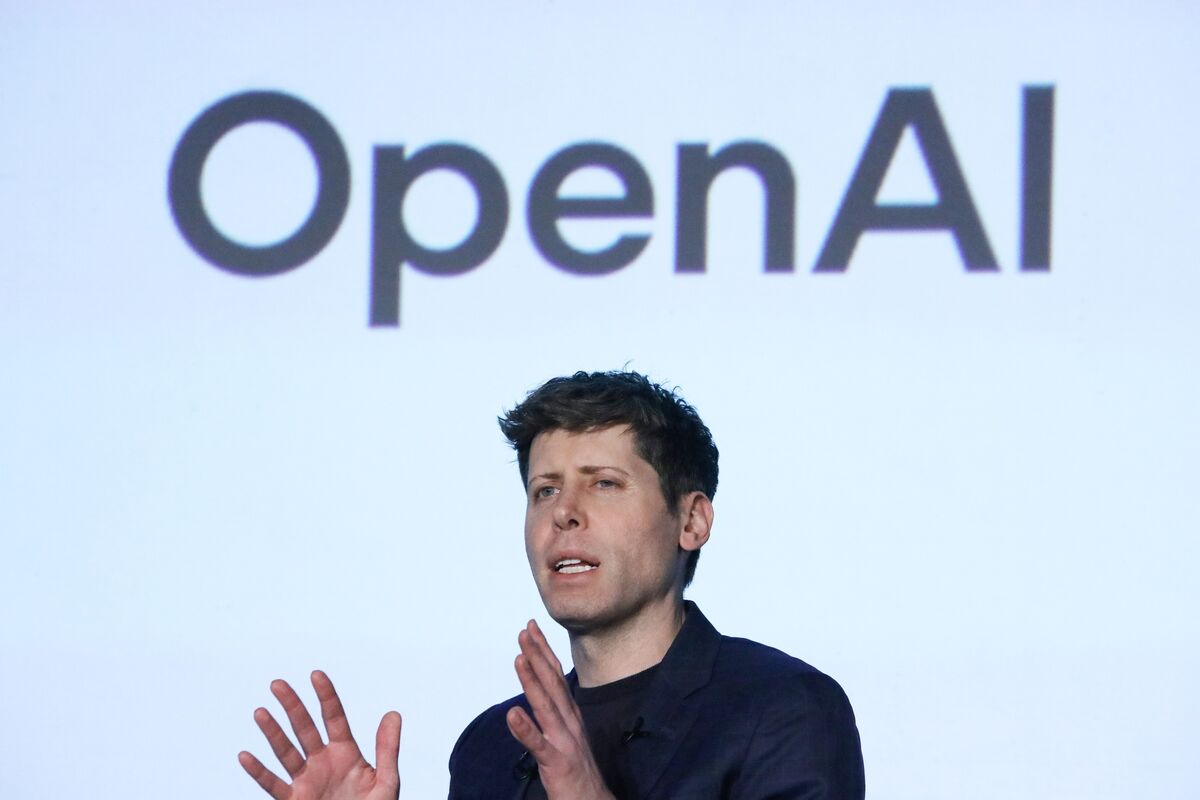Reuters reports OpenAI may file for an OpenAI IPO as soon as next year targeting a $1 trillion valuation. This AI IPO could unlock liquidity for investors and employees, reshape competition among cloud and tech firms and attract regulatory scrutiny.

Reuters reported that OpenAI is preparing to file for an initial public offering as soon as next year, potentially targeting a market capitalization around $1 trillion. If accurate, that valuation would place an AI pioneer among the most valuable public companies. Could an OpenAI IPO at this scale reshape competition, liquidity and regulatory attention across the technology sector?
An initial public offering or IPO is the process by which a private company sells shares to the public and lists on an exchange. Market capitalization is the share price multiplied by the number of outstanding shares and is a common shorthand for a companys public value. Going public typically unlocks liquidity for early investors and employees who hold equity and it brings new obligations for transparency and governance.
OpenAI, founded in 2015 and best known for models like ChatGPT, sits at the center of rapid AI adoption across industries. The companys products power automation and productivity tools used by enterprises and consumers. An OpenAI IPO would provide capital and liquidity and make the companys financials and strategy visible to a much broader set of investors and regulators.
In plain terms this is big OpenAI IPO news and updates matter for businesses tracking AI Investment Trends and Artificial Intelligence Stocks.
So what would a 1 trillion OpenAI IPO mean for businesses investors and the AI market?
The most recent coverage points to potential filing activity in the near future but leaves open many details. Investors and companies following AI IPO developments should watch for final filing documents that reveal financials share structure and risk disclosures.
Companies that rely on AI vendors should prepare to reassess contractual terms security and cost exposure. Procurement teams and legal counsel may renegotiate vendor agreements as public disclosures clarify pricing and dependency risks. For investors the key is to wait for the filing and prospectus where the economics and governance will be disclosed.
An OpenAI IPO targeting a 1 trillion valuation would be more than a headline. It would mark a transition point for AI from a privately financed innovation engine to a publicly accountable capital markets driven company. For businesses investors and policymakers the event would raise immediate questions about vendor strategy regulatory frameworks and how automation driven value gets captured and distributed.
Watch for the offerings final terms including share structure and financial disclosures which will determine whether the hype on valuation matches the underlying economics. The next year could be decisive not only for OpenAI but for how AI is institutionalized across markets.



